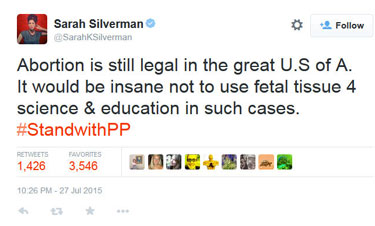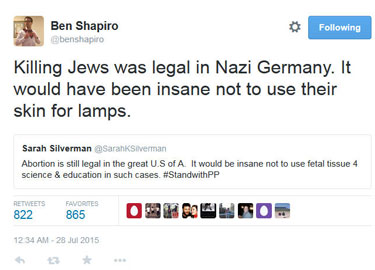“Here our navel strings were first cut and the blood from them sunk into the earth, and made the country dear to us.” Charlie Emathla, Seminole chief, mid-1800s
As I delved into Native American history with the high schoolers under my care, I was moved by Chief Emathla’s mention of umbilical cords. Amidst all the interesting (although often tragic) events and elements in the lives of America’s first inhabitants, the importance given to umbilical cords became clear. A quick search of Navajo birth practices yields a wealth of information about their tradition of burying a newborn’s umbilical cord into the ground, sealing their relationship with the earth. This respect and honor given to an often discarded body structure reminds me of my own culture.
As a child in Brazil, I was often told the story of how my umbilical cord was buried into the ground by my grandmother only a few days after my birth. When asked about this practice, my mother’s response was something along the lines of: “How else would you dispose of it?” In fact, how else to discard a human body structure, specially one so connected with birth and new life?
In fact, in recent years it has become a common practice to save a baby’s umbilical cord in order to harvest its blood.
“Over the past few decades, cord blood has been shown to contain stem cells and early precursor cells that can be used for life-saving stem cell transplantation for children and adults in need of a stem cell transplant. Cord blood is more tolerant of a new host and can be used without full matching, providing increased access to transplantation for patients who cannot find a matched donor.” Duke Medicine, 2013
While it is not morally illicit, and even wise to preserve a newborn’s umbilical cord for medical purposes, it is interesting to note that our society would be glad to simply dispose of this human structure if it did not offer us immediate benefits. It is not a stretch to connect this mindset to our society’s response to the abominable Planned Parenthood videos, in which top executives and doctors discuss the dismemberment and selling of fetuses for medical research.
If cultures (native ones in particular) would condemn the discard of mere umbilical cords, what would be their response to the disposal of whole human beings? While one would be naive to believe that native cultures did not engage in actions that resulted in death and harmed other human beings, their respect for life in the womb is clear from their many sacred traditions aimed at honoring it.
It is sad to think that our “civilized” society thinks nothing of doing away with these unwanted fetuses. If they can benefit us in some way, however, then by all means, extract what you can and dispose of the rest. A recent tweet by comedian Sarah Silverman illustrates well our culture’s response to PP practices:
User Ben Shapiro provided an excellent response to this faulty notion:
Indeed Ben. Human life is in fact in great danger, as it has been in every age. It would certainly do us well to begin to recognize every inch of our beings as sacred and worthy of defending.
Sources:
Sun, Jessica M., MD. “The Value of Saving Umbilical Cord Blood.” Duke Medicine. N.p., 26 Aug. 2013. Web. 31 Oct. 2015.



